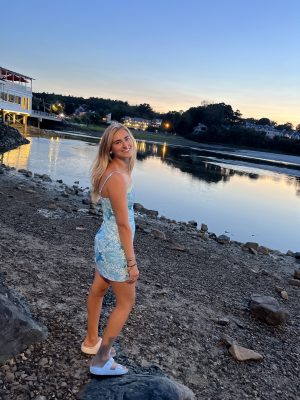 Hi! My name is Emma Dutil and I am an Environmental Digital Storytelling Mentor for the 2023-2024 NRCA program. I am excited to work with high school students in this position while exploring environmental topics. Last semester, I worked as a First Year Experience mentor in Freshman UNIV classes and I look forward to further exploring advising through this experience.
Hi! My name is Emma Dutil and I am an Environmental Digital Storytelling Mentor for the 2023-2024 NRCA program. I am excited to work with high school students in this position while exploring environmental topics. Last semester, I worked as a First Year Experience mentor in Freshman UNIV classes and I look forward to further exploring advising through this experience.
Currently, I am a sophomore at UConn studying Political Science through the Honors Program along with a second major in Environmental Studies. My favorite classes have involved studying the way people’s political opinions surrounding the environment are shaped. In the future, I aspire to go to grad school and eventually become a professor in political science. ‘
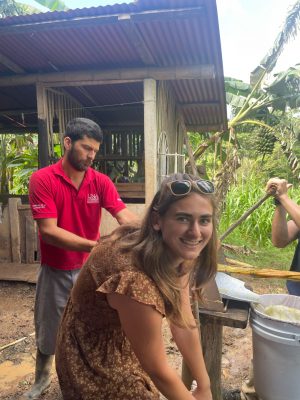
When I’m not in a class, I enjoy staying active and spending time outdoors. I am a part of the UConn Rowing team, Club Run, and Outing Club! I love skiing, camping, and spending my summers working as a lifeguard on the beach in York, Maine. I also enjoy traveling, and last year I went to Costa Rica with the UConn Alternative Breaks program! This experience provided me with the opportunity to volunteer in a local community while learning about sustainability and the importance of community outreach. On campus, I volunteer at the UConn Student Farm, which prioritizes sustainable ways to grow produce.
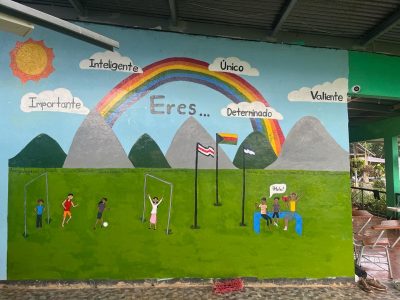
I have enjoyed my time as a UConn student so far and am excited for more experiences and opportunities! During my time here, I hope to explore different research opportunities related to environmental politics. Additionally, I look forward to writing a thesis exploring my research interests through the honors program. Overall, I hope to keep building skills in leadership and connecting with other members of our community!
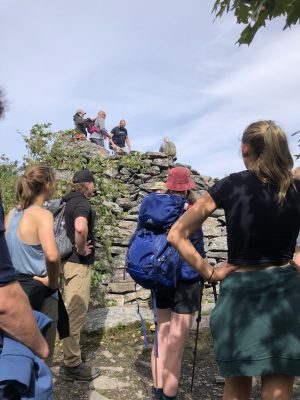
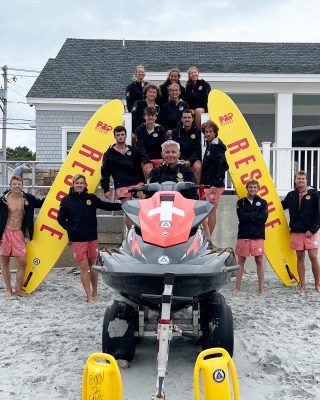
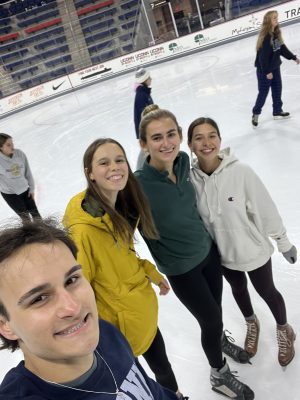
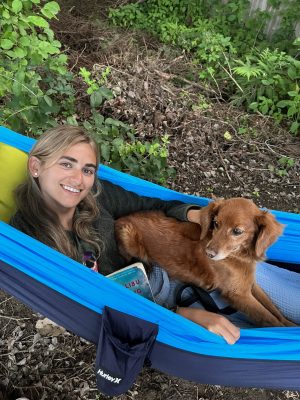
NRCA’s Eco-Digital Storytellers is funded by a grant from the National Science Foundation Innovative Technology Experiences for Students and Teachers program. The material on this webpage is based upon work supported by the National Science Foundation under Grant No. 2148606. Any opinions, findings, and conclusions or recommendations expressed in this material are those of the author(s) and do not necessarily reflect the views of the National Science Foundation.